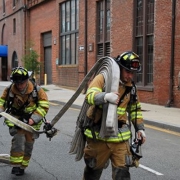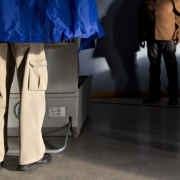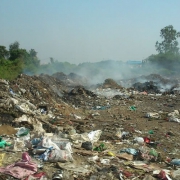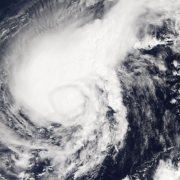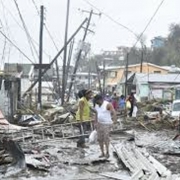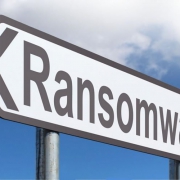The Cybersecurity and Infrastructure Security Agency is Here
By CHHS Extern Kaitlyn Holzer On November 16th, The President signed the Cybersecurity and Infrastructure Security Agency Act of 2018 into law. The House of Representatives had passed the bill on November 12th and the Senate passed it in October 2018. Representative Michael McCaul (R-TX), Chairman of the House Committee on …


